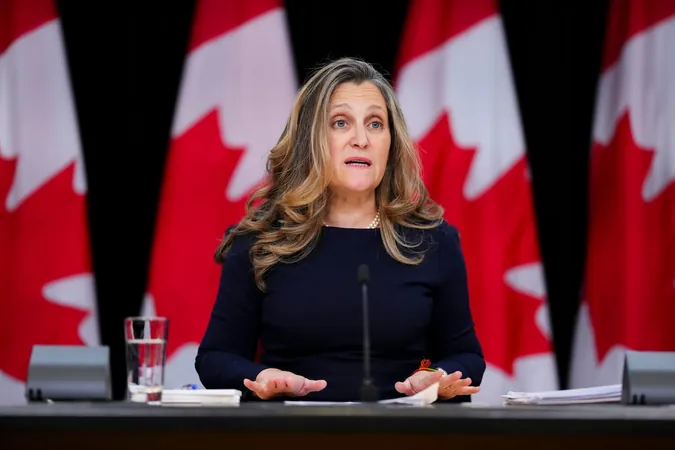
Chrystia Freeland's Economic Statement: A Battle for Affordability and Competitive Edge Amidst Political Tensions
2024-12-16
Author: Emma
Introduction
In an increasingly challenging economic landscape, Canadian Finance Minister Chrystia Freeland's upcoming fall economic statement is expected to address pressing issues, including skyrocketing living costs and fierce competition from the United States. As Canadians face mounting financial pressures, Freeland aims to unveil new measures to enhance affordability while justifying the government’s recent surge in deficit-spending.
Economic Context
Sources indicate that Freeland's economic update will implement strategies specifically aimed at helping Canadians manage their financial burdens while ensuring Canada maintains a robust position against potential U.S. policies. This follows a series of initiatives already rolled out, such as the recently instituted two-month Goods and Services Tax (GST) holiday on essential products, and targeted tax breaks intended to support businesses.
U.S. Political Pressure
Compounding these economic challenges is the pre-emptive threat from U.S. President-elect Donald Trump, who has hinted at implementing a 25% tariff on Canadian imports unless steps are taken to bolster border security. Freeland and Public Safety Minister Dominic LeBlanc have confirmed that the statement will include measures aimed at countering this intimidation and fortifying public safety through enhanced technology and personnel allocation.
Housing Crisis
Addressing the looming housing crisis, Freeland's statement is anticipated to introduce further measures to improve housing affordability following recent adjustments to mortgage regulations. With a Liberal minority government, Freeland is under immense pressure from the New Democratic Party (NDP) to expand existing spending promises. Specifically, the NDP is advocating for $250 cheques to be distributed to Canadians earning less than $150,000, a move currently stalled in legislation due to opposition from other parties.
Government Tensions
Tensions within the government itself are also palpable. A reported $6.28 billion plan, combining the GST holiday with individual cheques, has led to friction between Freeland’s office and that of Prime Minister Justin Trudeau. With differing views on fiscal prudence, the Prime Minister’s Office viewed the initiative as strategically beneficial, while the Finance Minister's office expressed concerns over its financial viability.
Political Outlook
As Canadians await the fall economic statement, attention is also drawn to a pivotal by-election in Cloverdale-Langley City, British Columbia, which could signal changing political tides for the Liberal Party. Economic analysts, including former finance minister Bill Morneau, emphasize the necessity for the government to maintain cautious fiscal policies amid rising spending pressures.
Fiscal Objectives
Freeland had previously set out three fiscal objectives to guide spending, emphasizing the importance of managing the deficit for the upcoming fiscal years. However, she has been reticent to reconfirm a specific deficit target amidst an outlook suggesting figures could soar to $46.8 billion, surpassing earlier benchmarks.
Conclusion
As the government gears up for the unveiling of the fall economic statement, the anticipation surrounding its contents grows. Economists are particularly keen to see how the government navigates uncertainties, particularly with respect to the potential consequences of Trump's withdrawal policies, and whether it will provide alternative economic scenarios alongside the primary forecasts. In a landscape rife with unpredictability and competing political pressures, the outcome of Freeland's economic statement promises to shape Canada's financial landscape for years to come. Will it prove to be a lifeline for struggling Canadians, or will it reveal deeper cracks in the government’s fiscal strategy? Only time will tell.

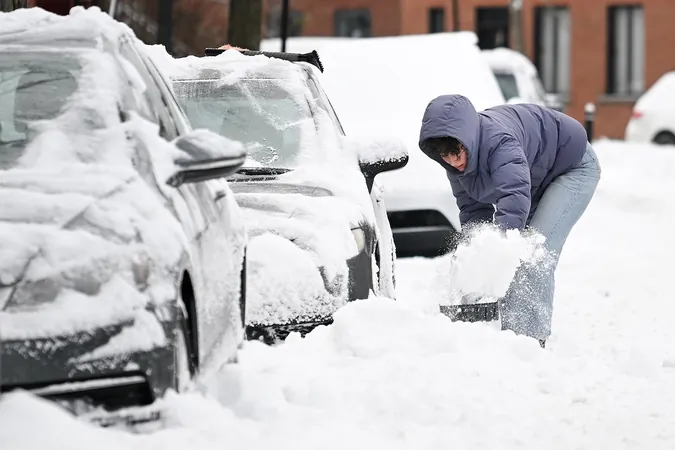
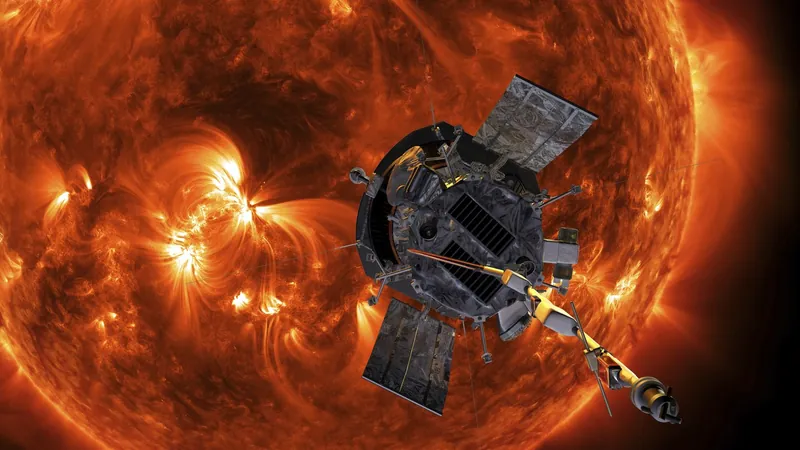

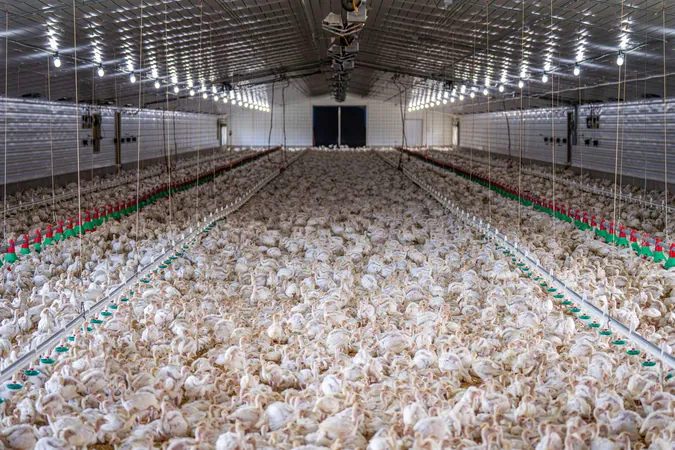


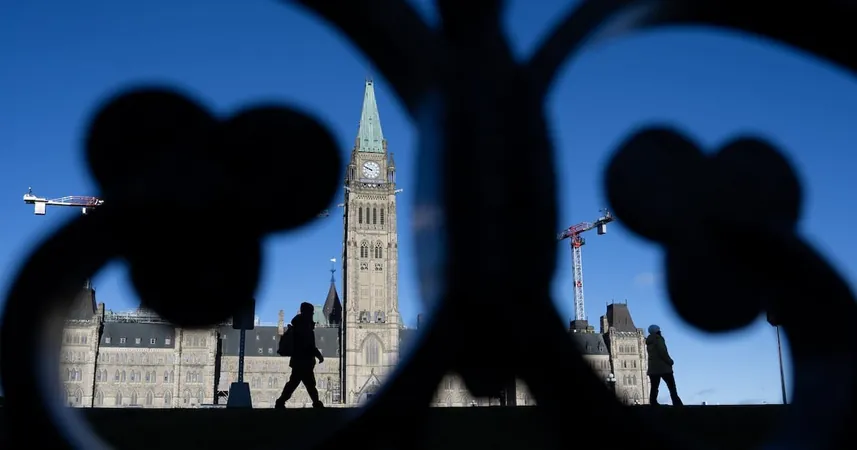
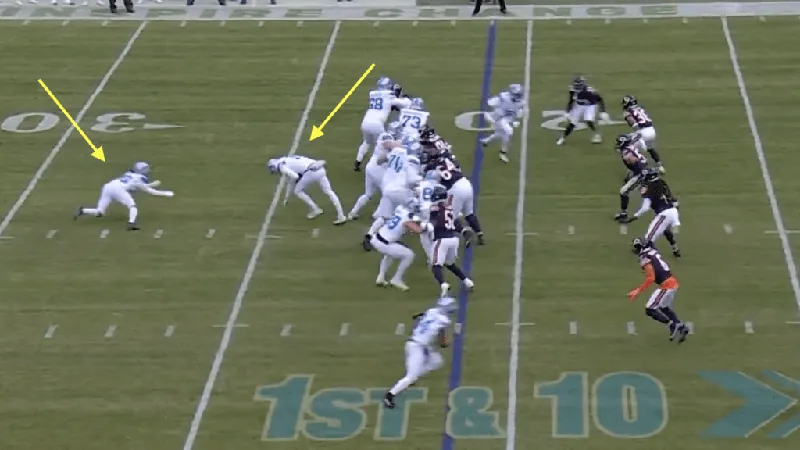
 Brasil (PT)
Brasil (PT)
 Canada (EN)
Canada (EN)
 Chile (ES)
Chile (ES)
 España (ES)
España (ES)
 France (FR)
France (FR)
 Hong Kong (EN)
Hong Kong (EN)
 Italia (IT)
Italia (IT)
 日本 (JA)
日本 (JA)
 Magyarország (HU)
Magyarország (HU)
 Norge (NO)
Norge (NO)
 Polska (PL)
Polska (PL)
 Schweiz (DE)
Schweiz (DE)
 Singapore (EN)
Singapore (EN)
 Sverige (SV)
Sverige (SV)
 Suomi (FI)
Suomi (FI)
 Türkiye (TR)
Türkiye (TR)